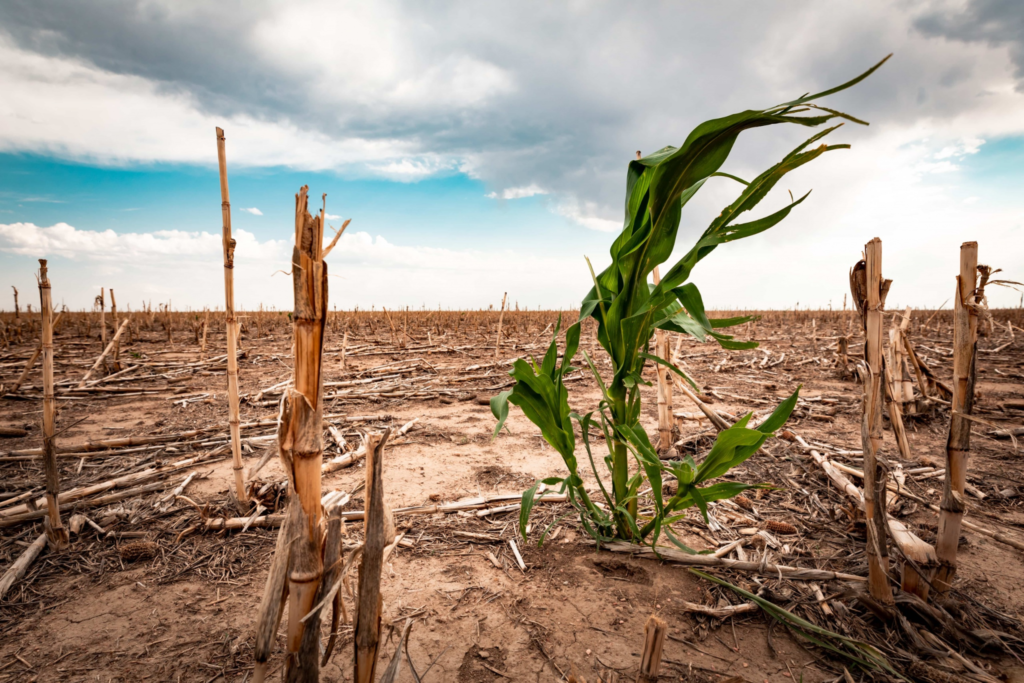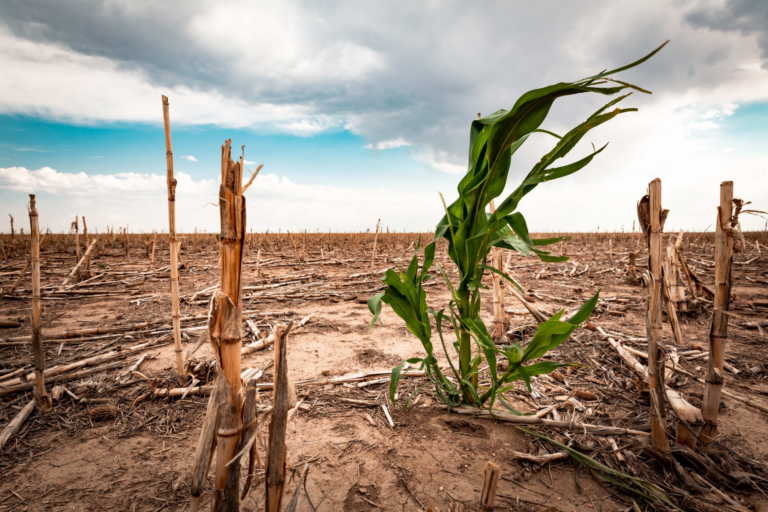Over the years, global warming has become worse. As a result, heat waves occuring in many countries have caused various heat-related illnesses and casualties. In addition, physical damage to livestock and aquatic products and a surge in electricity became frequent. However, such an abnormal climate is still only subtle in effect compared to that of the damage in the future. Hence, finding the solution to global warming seems urgent to prevent a catastrophe in the near future, even though there is no visible signs of damage at the moment.
Climatologists have observed that humans have a distinct effect on the climate system that raises the Earth’s surface temperature. People might think that each contribution to global warming is negligible. However, the daily activities of humans emit greenhouse gases, which is one of the leading factors of the crisis. In addition, natural factors such as sunlight and volcanic eruptions have raised Earth’s temperature. Nevertheless, human activity is accelerating global warming nowadays. There is no exact method to prevent the acceleration. However, people could attempt to curb it.
The biggest problem that is expected to torment humanity is the food supply. Even a 1 degree Celsius increase in global temperature could significantly impact the production of food supplies which depend heavily on agriculture. Furthermore, crop shortage can lead to inflation, the increase in food prices. Global warming will lead to agricultural problems and transform the global economy. The rapid climate change has dramatically altered the agricultural system and will continue to do so in the future. Without making an effort to decelerate global warming, life will not be the same as it is today.

Works Cited Justdiggit. “Causes & Consequences of Climate Change.” Justdiggit, 15 Dec. 2021,
https://justdiggit.org/climate-change/?gclid=CjwKCAjwhNWZBhB_EiwAPzlhNg5aib C69d7UK0mY_HCHQFbd3Ao8CtraZXo8fpM_OihJDtCIdx3ZGxoCELwQAvD_BwE.
Song, Haijun, et al. “Thresholds of Temperature Change for Mass Extinctions.” Nature News, Nature Publishing Group, 4 Aug. 2021, https://www.nature.com/articles/s41467-021-25019-2.
By. Brenson Ha


